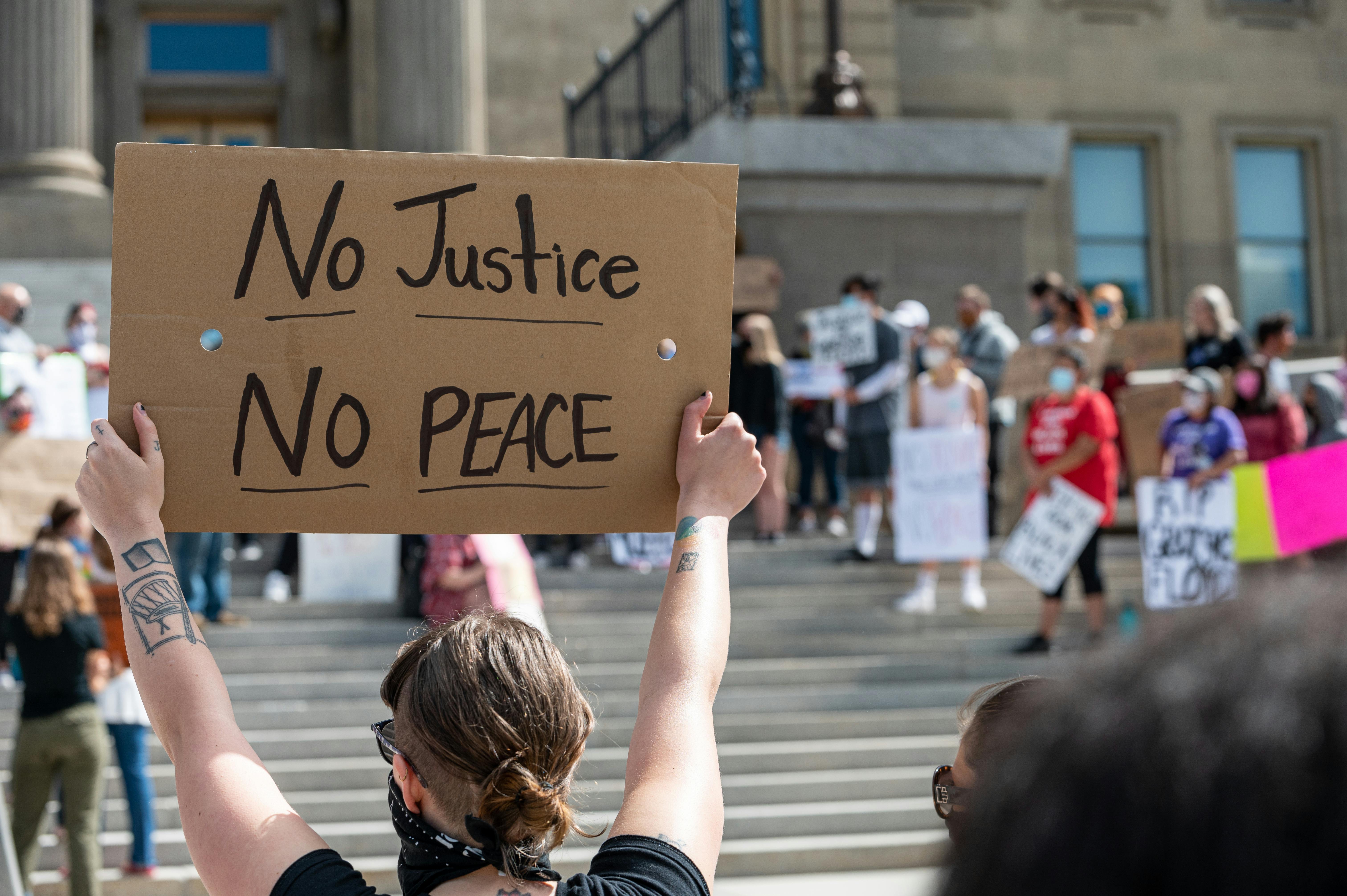Conservative Kenyans might be missing a point
The Ark of the Covenant is described in the Bible as a sacred container, in which the stone Tablets containing the Ten Commandments rested, as well as other sacred Israelite pieces. According to the biblical account, the Ark was built by God’s command, according to the prophetic vision of Moses on Mount Sinai (Exodus 25:9-10). God communicated with Moses “from between the two cherubim” on the cover of the Ark (Exodus 25:22).
It is the most significant symbol of God’s direct hand towards humanity. It represents the personal presence of God. Claiming its presence in Kenya has the world looking at this small East African country with a renewed focus. There is no doubt that the Ark is associated with holiness and its presence represented the presence of God, a fact felt by all as told in the Bible.
Kenya has been largely peaceful even long before its independence from the British in 1963, save for a few isolated instances of skirmishes here and there. It has been the regional safe haven for refugees from all neighboring countries. People from Somalia, Uganda, Rwanda and Sudan have made Kenya their home for many years due to political instability in their respective countries.
However, political differences nearly plunged the country into civil war earlier this year. Claims of a stolen election result and highly charged ethnic differences divided the country into two main groups, the victims and the culprits. Whether or not the election results were rigged to favor either party remains a complex issue that legal experts are still trying to unravel.
But all’s well that ends well. Kenya’s two main rivals in politics, President Mwai Kibaki and Prime Minister Raila Odinga have agreed to form a coalition government to restore sanity to the country. People who had been displaced from their homes are returning to their homes. Kenya will soon return to the usual path of peace and progress.
The quick resolution of the Kenyan solution can be attributed to the rapid response of the international community. From the beginning, the world made it clear that they will not sit by and watch Kenya degenerate into another Rwanda. There was massive coverage of the day’s events in the international media. The situation was not bad enough to justify sending peacekeeping forces by the international community, but they seemed ready for any eventuality.
It is easy to say that if the international community had not taken a strong position on Kenya, the country would have descended into full-scale civil war. But the religious college of elders that is in charge of the shrines on Mount Kenya has a different opinion. His spokesman, who prefers to be called the Chief Seer’s messenger, warned the country of the situation as early as 2006. He was on a one-man campaign to save a country through a radio show. However, he assured the people that there are certain guarantees that God gives to the people of Kenya while the Ark of the Covenant is in the country. The country can never go to a full-scale war.
Another preacher from the US, Thomas Manton, also gave a detailed prophecy about Kenya, the troubled elections, who will be the winner, the troubled aftermath and what the country hopes to see in the next five years. He described the country as a Holy Nation in his message. Until now, his prophecy has been opening page by page with what the country is experiencing.
This begs the question, why hasn’t Kenya taken the initiative to promote itself as a place of God? Why isn’t there a place of worship designed around Mount Kenya for people who want to have quiet moments with God? A study of religious tourism statistics from around the world shows what the country could be missing. Israel is an ideal example of where religion-based tourism can take a country.
Home to most of the sites mentioned in the New Testament, Israel welcomes tourists year-round, despite the security situation. The annual visits to the kaaba in Saudi Arabia for Muslims are also another example of highly successful religion-based tourism. It seems like highly protected policy to keep everything related to the Mount Kenya sanctuaries top secret, but in a world that has become a global village in this age of communication, there will be wisdom in sharing some of the mysteries that surround to the sanctuaries. . At the very least, a place of prayer and worship should be set aside so that Christians can identify with the Mountain of God.
